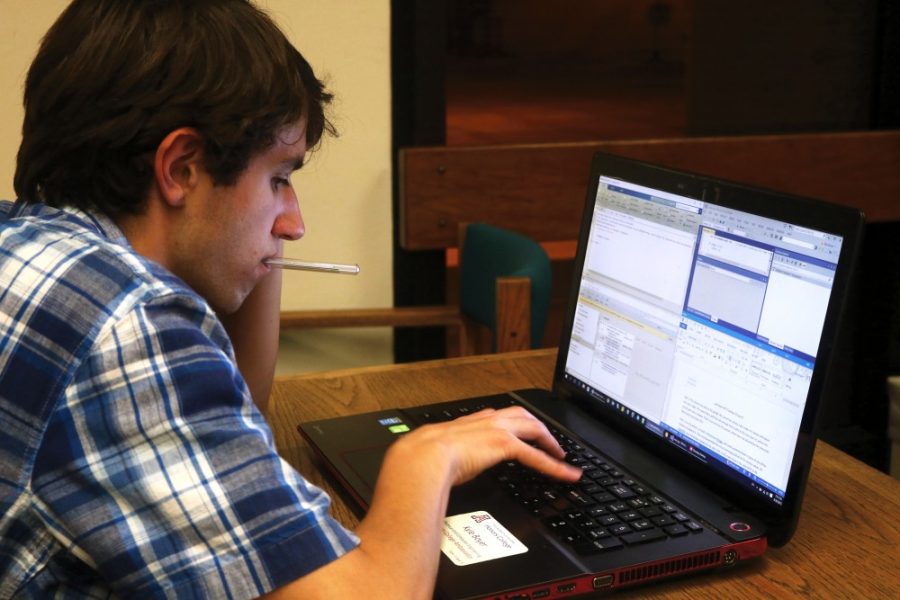Nootropics, or “smart drugs”, are loosely defined as any substance that increases cognitive functioning. Nootropics were discovered in the 1960s, but didn’t receive mainstream attention till more recent years with movies like “Limitless”— which features an unlikely genius conquering the world by taking a small pill.
While this makes for a debatably halfway decent film, their realistic counterpart is far from profound. Nootropics range from from a morning cup of coffee, to nicotine, to Modafinil and Adderall. Their effects dramatically range in potency and are based primarily on anecdotal evidence.
A study conducted by the University of Kentucky found that, between fall 2005 and fall 2006, thirty-four percent of undergraduates had reported illegally using ADHD stimulants. Similarly, according to the National Coffee Association, 54 percent of americans over the age of 18 report the daily use of coffee. While most would consider grouping coffee in with Adderall to be extreme, both equally fit the bill as being nootropic.
“Coffee and energy drinks are okay, but using actual drugs is wrong,” said Jasmine Mar, pre-nursing sophomore. Mar believes that using prescription drugs to boost cognitive function gives some students an unfair advantage.
Like Mar, Eric Racine, director of the Neuroethics Research Unit, believes that prescriptions nootropics are not only unfair, but place unrealistic and unsustainable expectations on students. Racine is not alone in his beliefs. According to a 2015 survey taken by Intelligence Squared, 44 percent of those surveyed believed that cognition enhancing drugs had no place in an academic environment while 29 percent of those surveyed remain undecided.
Dr. Anjan Chatterjee, professor of neurology at the University of Pennsylvania, is in support of students using nootropics to boost academic performance . He believes that much of the hesitance surrounding nootropics comes from a lack of education. While Dr. Chatterjee frequently speaks about the moral and ethical dilemmas that come with cognition enhancers, he believes that prescription nootropics should be made more available.
Patrick Johns, a retailing and consumer sciences sophomore, feels similarly. He is prescribed adderall to help him study. While being in support of people’s ability to choose whether or not to take drugs of this nature, he believes that regulations are in place for a reason. “It can be overused and most who take it illegally don’t need it as much,” said Johns.
Johns believes that there are more natural ways to make your brain the best that it can be. “I feel like everyone has some way of being as productive as they can be when studying. Even if that’s working out before hand or isolating themselves [when they study]”
John’s belief in exercise to boost productivity is widespread in the nootropics community. Most nootropic users believe that the quickest and most effective way to give your brain the boost it needs is by getting enough sleep, eating clean and exercising regularly.
With finals around the corner, students may make use of these natural mental boosters rather than utilizing nootropics.
Follow Jonathan Terry on Twitter









